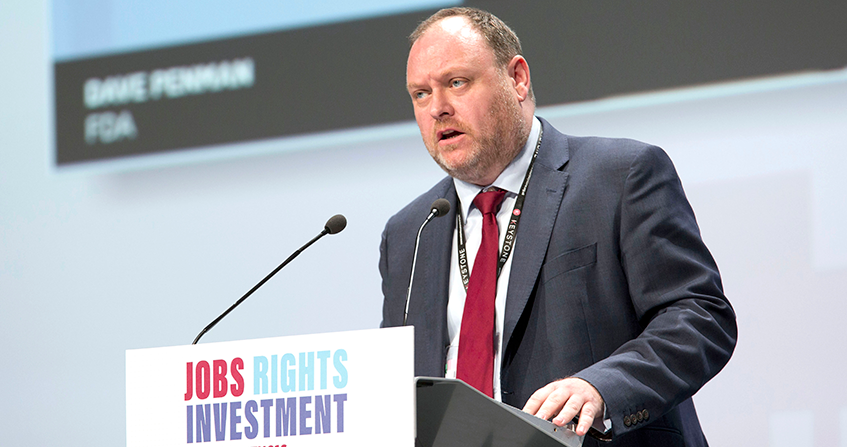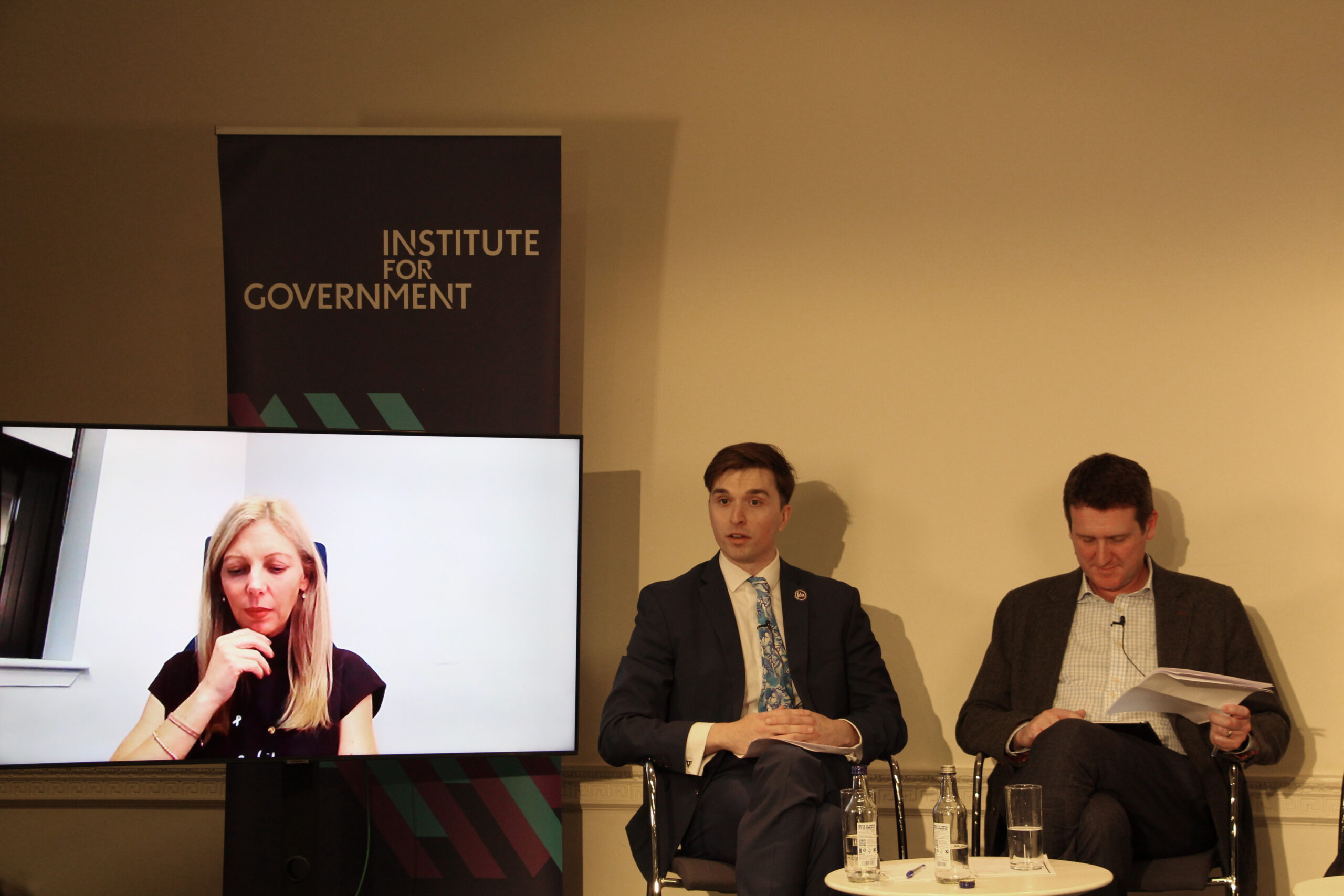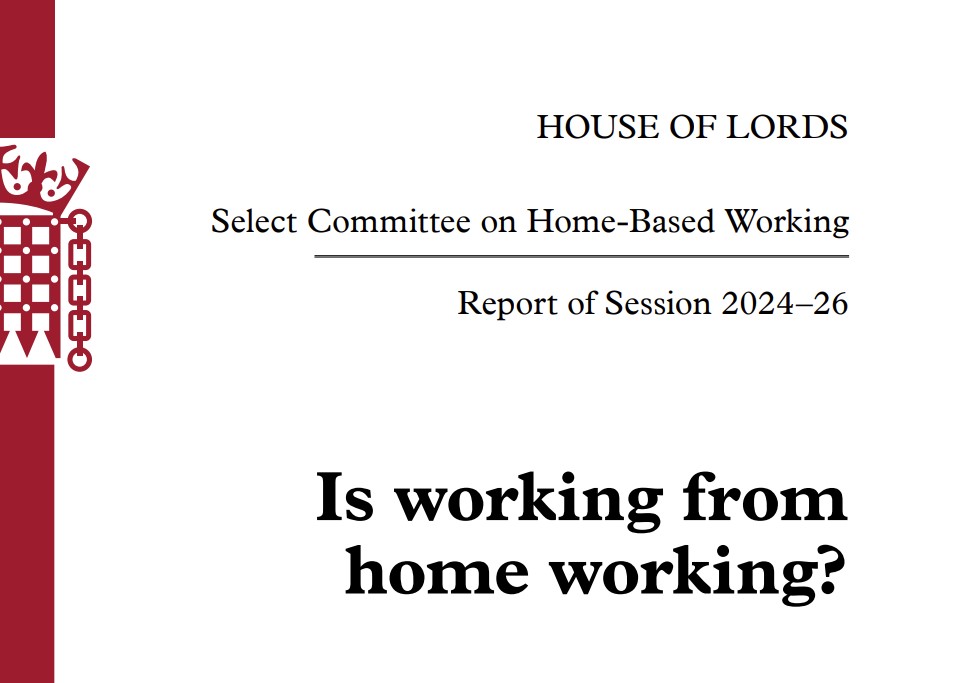Picking up the pieces

As the realities of trying to deliver Brexit start to bite, laying bare the incoherent and contradictory positions of both government and opposition, the scapegoating of the civil service has begun in earnest. Perhaps it was always going to be thus, but it’s no less disappointing for its predictability.
Through the inevitable cycle of crisis then breakthrough, played out too often to be a Machiavellian strategy, each episode was either the fault of wily Sir Humphreys manipulating the poor Jim Hackers, or a failure of the civil service to abandon its impartiality and deliver us from the evils of Brexit.
Disentangling the UK from 40 years of EU membership was always going to be a Herculean task for the civil service. To stand any chance, it needed greater resources, new areas of capability and, crucially, clear political leadership. While the FDA has been banging on about the resources and capability gaps, the truth is the greatest risk to a successful Brexit is the failure of political leadership. A minority government weakened by a series of self-inflicted wounds – that cannot agree with itself never mind the party it relies on for its survival – is no recipe for the clear and strong leadership needed.
While the party in government is tearing itself apart, HM’s loyal Opposition is equally divided, even if it is better at hiding that fact as it smells blood in the water. Post-election talk of a cross-party commission to oversee the Brexit process, and build a broad consensus at a time of deep division, has foundered on the rock of partisan political ambition.
The Brextremists and Remoaners have developed into opposing cults, lambasting those that do not support their one true belief. Following the soap opera of Priti Patel’s resignation, the main qualification for her replacement appeared to be which cult they were a disciple of, demonstrating once again the ability of Brexit to suffocate the broader agenda of government.
Amid all of this chaos, the civil service has been getting on with its job, working quickly to establish two new departments and coordinating people and policy in a way many had assumed it was not capable of.
Contrary to populist belief, civil servants have relished the challenge, regardless of their own political preference, because that is what being a civil servant is all about. Underpaid and under-resourced, they continue to work tirelessly to deliver the best possible outcome for the UK.
Maybe we shouldn’t expect those who cannot conceive of that kind of non-tribal commitment to understand. Their world is dominated by trenches from where they lob their cynical, vindictive insults blindly at any perceived enemy. Trench warfare is not about making progress, it’s not about finding solutions – it’s warfare for the sake of it.
So, whilst insults are hurled and individuals who are unable to respond are publicly vilified, civil servants will be concentrating on trying to solve the latest crisis created by the country’s political leadership. Because that’s what being a civil servant is all about.
Related News
-

Prosecutors are undervalued, underpaid and overworked, says FDA responding to CJI NI report
The FDA has responded to a new report from the Criminal Justice Inspection Northern Ireland (CJI NI) into management and performance of the Public Prosecution Service (PPSNI).
-

FDA calls for pay parity on IfG panel discussing Fast Stream reform
FDA National Officer for the Fast Stream Robert Eagleton took part in the Institute for Government’s (IfG) panel event, ‘How can the Fast Stream deliver more for the civil service?’.
-

Lords Committee report highlights lack of evidence behind civil service 60% office working mandate
A new report from the House of Lords Select Committee on Home-Based Working, which features evidence from the FDA, says the government should lead by example with good hybrid working practices within the civil service.